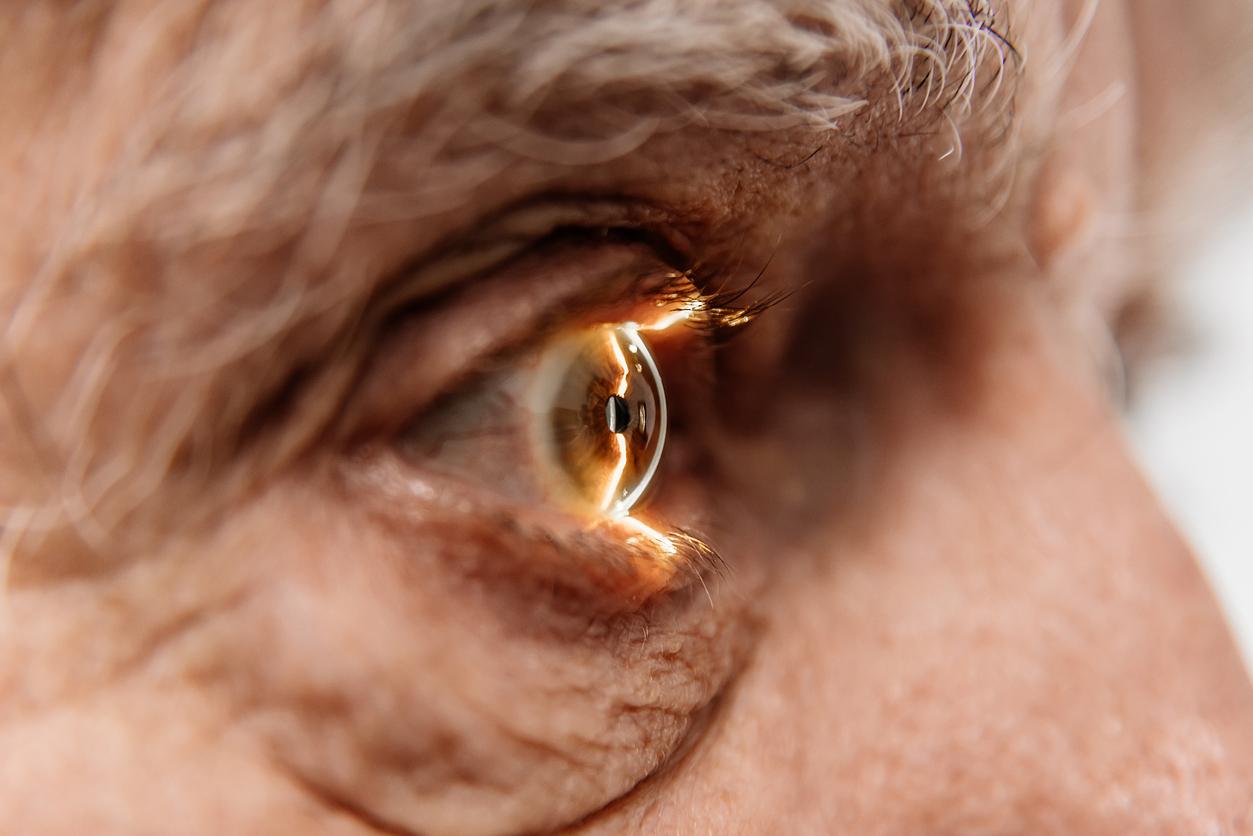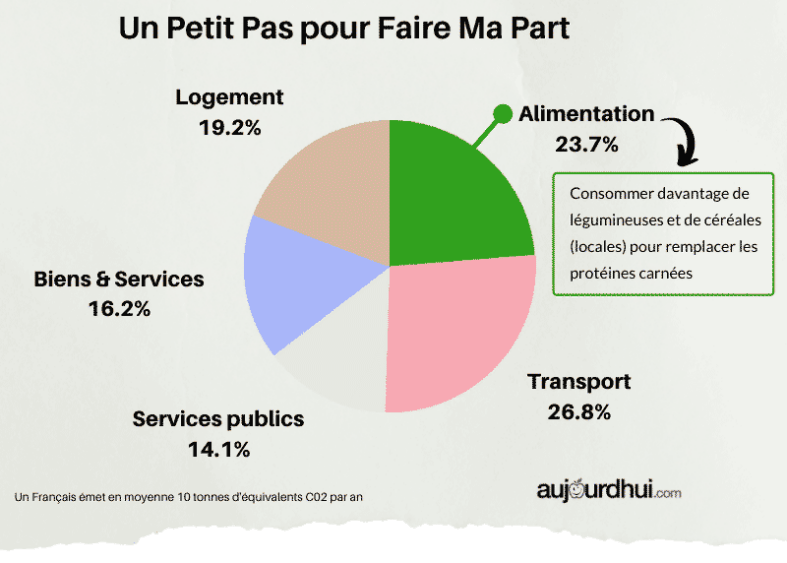Experts speak
E numbers. Often a topic of conversation when it comes to food. E numbers have a negative name. But are they dangerous or not? And are natural E numbers better than synthetic ones? And what are they in? What about allergies and reactions to certain foods?
Irene Lelieveld, nutrition therapist at the nutrition practice Het Zesde Element, Ralf Hartemink, program director of Food Technology and Food Safety at Wageningen University, and Marloes Collins, allergy expert at the Allergie Platform, explain the current situation with those E numbers.
Irene Lelieveld, nutrition therapist at nutrition practice Het Zesde Element: “There are a number of E numbers to which many people react badly.”
“E numbers have a bad name, but not all E numbers are synthetic, there are a lot of natural E numbers. For example, in the list of dyes you have the natural E162. That is nothing but beetroot red and E160 is the red dye So you can’t say that all E numbers are dangerous by definition. But that manufacturers usually opt for synthetic dyes because the products color just that little bit better, look better and have a longer shelf life. And that’s what people do want.”
“When people come to my practice, I can fairly easily determine through kinesiology (measuring muscle tension) which substances people react to. And then I often see that children become restless from some synthetic dyes.”
“People also get allergic reactions from certain E numbers, such as hives and asthmatic attacks. Because let’s face it, there are really some mean guys among the E200 substances. It is not for nothing that the law states that these substances may only be added. become necessary if it is necessary. But you can discuss necessity. It is often about increasing the shelf life, but is that really necessary?”
“A negative standout in the list of additions is a substance such as aspartame. This is used in light products as a replacement for sugar. But it just makes you fatter. In addition, aspartame is known for the side effects and sensitivities that you can get from it.”
“Another well-known substance to which people react hypersensitively is E621: Ve-Tsin. This is mainly used as a flavor enhancer and causes many reactions, such as headaches. In order to get as little artificial fragrances, colors and flavors as possible, you should not -Leave organic ready-to-use products. They contain all kinds of substances and additives that we should avoid to exclude the risk of sensitivities. Therefore, read the labels carefully and make as much yourself as possible!”
http://www.personal-nutrition.nl/
Ralf Hartemink, program director of food technology and food safety at Wageningen University: “There is a lot of incorrect information about E numbers.”
“E numbers are nothing more or less than a list of approved additives, both natural and synthetic. Fragrances and flavors do not have an E number, colorants do. The E numbers are the most researched in food. If there are any restrictions then the chance is almost nil that you, as a normal consumer, go over the allowed margins.”
“It makes sense that there are always known side effects, because there is a thorough search before something is allowed. Every random substance has side effects at some point. But that does not mean that E numbers are dangerous. E numbers owe their bad name to the people who say that they get all kinds of complaints, including allergic reactions. You read a lot of misinformation and stories about terrible side effects on the internet, while only a very small group of people are really sensitive to certain substances. , or even less than for chocolate, for example. And yet chocolate doesn’t have such a bad name.”
“Unlike some fragrances, real allergic reactions to E numbers have not been described in the medical literature. From a purely scientific medical point of view, there is nothing wrong with those E numbers, socially yes. However, this does not mean that people don’t have any complaints. You can’t always attribute them to certain additives in the food. When you put the label ‘contains allergens’ on something, you can be sure that many more people will suddenly suffer from allergic reactions .”
“To really know for sure whether something can give a reaction or not, things have to be tested in double-blind studies: both parties don’t know who gets what. Only then you have pure results. Take benzoic acid. That has a bad name, but Cranberries are naturally very high in benzoic acid and it’s also in perfumes and creams. You don’t hear about that many people. People often think that E numbers are only chemical, but 80 percent of all E numbers are naturally present in food. is one hundred percent chemistry.”
“Do you know that one tomato, organic or not, already contains ten to fifteen E numbers! Every day we ingest about 5 to 10 grams of substances with an E number with our food, even if you do not eat processed foods at all? So people who say they absolutely don’t want to eat E numbers are condemned to drinking water and eating salt and sugar. But can you last long?”
http://www.food-info.net/
Marloes Collins, allergy expert at the Allergy Platform: “An allergy to ‘all E numbers’ seems a bit exaggerated to me.”
“You can certainly have an allergy to one, or at most a few E numbers. And if you have an allergy to something, for example sulfites, then you should definitely take that into account and avoid certain things.”
“But sometimes you hear people say that they have an allergy to all E numbers, and that seems a bit exaggerated. Because many substances have an E number. Oxygen, for example, has E948. You can’t avoid that anyway. People become frightened with the story that E numbers are bad. They think they can avoid them by buying organic products. That makes no sense, because E numbers are also in organic products.”
“What happens is that, for example, instead of the E number for citric acid, a manufacturer puts the name ‘citric acid’ as a natural aroma on the packaging. That seems healthier. Rice itself has a wax layer on the grain. That natural wax layer is used for candy and chewing gum and has number E908. Is that suddenly unhealthy?”
“Sometimes a synthetic variant of E160b can even be preferred, because you can be hypersensitive to a certain protein in the natural variant of E160b: the red coloring of the tomato! But the question is whether you suffer from the stabilizers such as cellulose in those cookies, or just from eating too much and too fat. And aspartame is indeed not healthy if you drink liters of it in a row But that little bit in a glass of Diet Coke really doesn’t hurt.”
“Glutamine is just in your muscles, so you don’t really have to worry about that. Look, I can imagine that if you have less resistance, you can react more violently to antioxidants, gelling agents and flavor enhancers. And there are ingredients which you should not consume too much of. But that applies to so many things. To take away the fear of E numbers and give people clarity, there is a handy list on our site.”
http://www.allergieplatform.nl/informatie/e-nummers/e-nummers.html

















